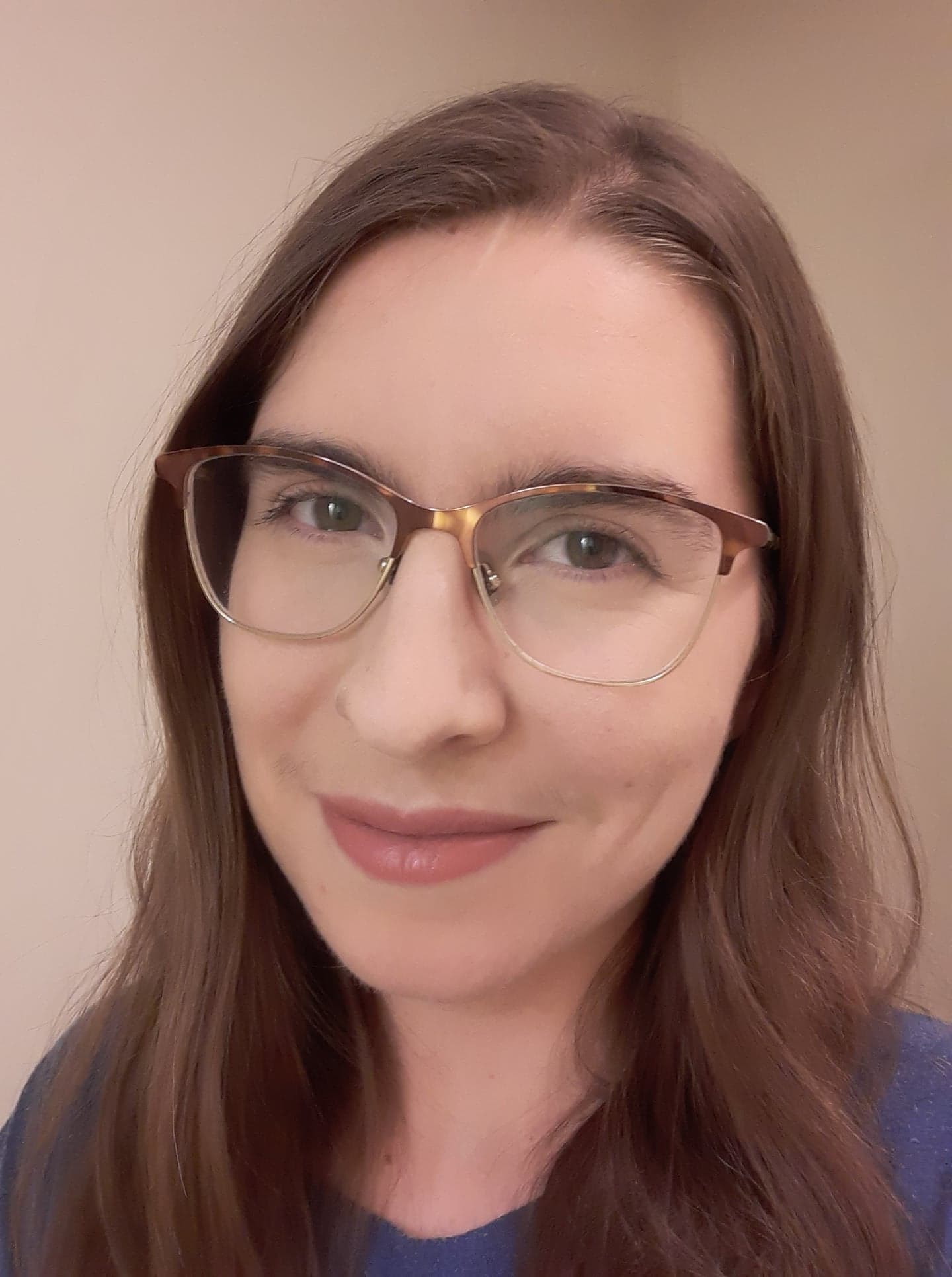 At the August 18 meeting we discussed how to manage some risks and maximize the rewards that come with technical writing jobs, with ideas from both technical communication professionals and students.
At the August 18 meeting we discussed how to manage some risks and maximize the rewards that come with technical writing jobs, with ideas from both technical communication professionals and students.
We exchanged ideas about what to include in a portfolio, which can change depending on the intended audience. From your archive of what you have previously written, you might include recipes, school assignments, literature reviews, term papers, executive summaries, confidential documents with any privileged information replaced with generic text, or blog posts from volunteer work. For fresher additions, you could present an improved version of an existing poorly written document, an article about one of your hobbies, a style guide or procedure manual you created for colleagues at work, or blog posts you’ve written for the STC. When exhibiting your work in public (for example, on your website or LinkedIn profile), try to avoid being plagiarized by including only samples, not full copies of work, or requiring a password to view more valuable documents.
Making our writing and writing careers public brings exposure, and as technical writers, we tend to be self-conscious and perfectionist about our writing. However, experienced writers agreed that nothing is perfect, and we can only do our best before letting go of a project in time to meet our deadline.
We also exchanged ideas on how to deal with delinquent clients. The first defence is to encourage prompt payment by laying out terms of payment before starting a job, and consider offering a discount for early payment or charging interest for late payment. Legal assistance software can notify the client that terms of payment will be enforced if necessary. However, if the client seems questionable, it might be wise to turn them down altogether. You might also ask the client about when they usually issue their payment cheques, and send the invoice a few days before, so that you’re not waiting until the next payment cycle. In general, the contractors agreed that they always receive payment eventually, and that most clients are nice, reasonable, and pay on time.
We also heard about websites for freelance and contract employees to find work. Looking at other people’s profiles can give you an idea of what others are charging, a topic which is not often discussed openly. One person also shared a positive experience finding a contract employee from this type of site.
The Tech Comm Café provides networking opportunities, job leads, answers to work-related dilemmas, and a burst of professional energy to keep you motivated. We discuss technical writing tools and techniques, career planning, portfolios, and anything else related to working as a technical communicator.
We welcome anyone who’s interested in technical communication — contractor, in-house, student, long-time tech writer, STC member, non-member, career-changer, or recruiter. We hope to see you at the next meeting!
Next Meeting: ONLINE on Wednesday, September 22, 2021
• Subscribe to receive email announcements of future meetings.
• If you plan to attend, please RSVP by 4 p.m. Wednesday, September 22, to receive login instructions.
Date: Wednesday, September 22
Time: 7:00-8:00 p.m. Pacific Time
Location: Online via Zoom
Agenda
1. Introductions. Take 60 seconds to introduce yourself, your background, current activities. A good chance to try out that new elevator speech.
2. Announcements and job leads. If you know of an interesting event or a job opening, or you’re looking for work, share it with the group.
3. Brainstorming Q&A. Ask about a work-related problem and discuss potential solutions.
4. Speed networking. Make new contacts and discuss your professional backgrounds and goals.

Ruth-Anne Klassen is a student in the Technical Writing Extension Certificate at Mount Royal University. She holds a Bachelor of Science in Biology and currently works as a retail cashier in Calgary. In her free time, she likes to go for walks, read novels, support local restaurants, and spend time with family.
